“Getting published” can mean very different things to different people, and the right pathway depends on a number of factors, such as your goals, your timeline, your resources, your connections, and your platform.
So, in this post, we’ll take a look at the various pathways to publishing: traditional publishing, self-publishing and hybrid publishing, also known as author-subsidized publishing.
Keep in mind that every pathway has its own merits. None is inherently better or “correct,” and whichever one you choose, you will be best served doing your homework before committing. Becoming an author is like starting your own business—you need information and understanding to succeed, no matter what.
Traditional publishing
 Traditional publishing is probably the model with which you’re most familiar. In this model, a publisher buys the rights to an author’s work for an advance payment against royalties. The publisher provides editing, design, distribution, marketing, and sales support for the author. As books sell, the author makes a percentage royalty—often 10% on those sales.
Traditional publishing is probably the model with which you’re most familiar. In this model, a publisher buys the rights to an author’s work for an advance payment against royalties. The publisher provides editing, design, distribution, marketing, and sales support for the author. As books sell, the author makes a percentage royalty—often 10% on those sales.
The mecca of traditional publishing is New York City, home of the Big Five houses, but good traditional publishers can be found anywhere, especially depending on the genre you’re writing.
Getting a traditional deal still holds a particular cachet for many people. But if you’re just starting out an as author, there’s a high barrier to entry. In a traditional relationship, the publisher bears the risk—they have to recoup the costs they sink into your book. That means, they need to know the book will sell through. So, you’ll hear a lot about “platform”: Are you a speaker? How many people come to your talks? Do you have a social following with at least thousands, if not tens of thousands, of followers? Do you have great blurbs and endorsements from big names? Have you done media? Essentially: Do people know, and care, who you are?
Traditional houses also generally want to work with authors through agents, because they believe those agents know the business, have an eye for talent, and are bringing them manuscripts that are already in great shape.
They also typically acquire manuscripts twelve to twenty-four months out. This allows time for editing, design, and production, as well as a six-month pre-sale window for retailers.
Getting signed by a traditional publisher does not guarantee your success. But the large houses do bring resources to the table that small houses or independent publishers might not have.
Is traditional right for you?
- Do you have a strong enough platform to get noticed?
- Do you have an agent and/or do you have the time to find one?
- Are you OK with the long lead time from acquisition to publication?
- Is traditional publishing your dream?
Self-publishing
 Self-publishing has blossomed in the past ten years. No longer do you have to have a publisher to publish a book! Literally, anyone can create a free online account, upload some files, and publish and sell a book.
Self-publishing has blossomed in the past ten years. No longer do you have to have a publisher to publish a book! Literally, anyone can create a free online account, upload some files, and publish and sell a book.
It’s simple … but it’s not easy.
When you self-publish, you are 100 percent becoming an entrepreneur. You are writing, directing production, marketing, selling, and managing your book with no help. For some people, that comes very naturally; for others, that’s way more work than they can realistically take on.
There are two primary self-publishing tools: Amazon’s KDP and IngramSpark. In both cases, it’s free to create an account. You print books on demand, as each copy sells. In the process, the production costs and Amazon/Ingram’s royalty are deducted from your sales. There are handy charts online that will show you how to calculate your royalty per copy, so it’s very transparent, which can help you plan.
You can upload your files whenever you’re ready, and within 72 hours—voila! You’re a published author! If you’re writing on a timely, newsy topic, or if you’re using your book for a specific event or purpose, this can be a fabulous tool.
Now, a caveat: If you want to do it right, you will have to invest time and money into the publishing process. You need to hire a professional editor, a professional proofreader, a professional cover designer. People absolutely do judge books by their covers, and the number one thing that will discredit a book is a cover that looks homemade. Invest in your own success.
These days, there are so many freelancers and services available, there’s no reason not to put your best foot forward.
And once you do, and your book is live, remember: Now you have to do the marketing and sales. Many people refer to their book as their “baby,” and it’s an apt analogy. Think about it: Once the baby is born, you have to do the care and feeding, right? Same with your book.
Marketing, sales, and publicity never stop. As a self-published author, you need either 1) the time and resources to do this yourself or 2) the time and resources to find consultants, agencies, experts, etc., who can help you make your book successful.
Is self-publishing right for you?
- Do you have a topic that needs to publish within a certain timeframe?
- Can/will you commit to finding professionals to help you make your book successful?
- Do you have the time, energy and resources to invest in your new book (aka your small business)?
- Is your goal just to “get the story out there”?
Hybrid publishing
 Hybrid publishing is the newest kid on the publishing block. In this author-subsidized model, the author makes an initial investment to cover the publisher’s costs, then has the potential to recoup that investment with a higher back-end royalty.
Hybrid publishing is the newest kid on the publishing block. In this author-subsidized model, the author makes an initial investment to cover the publisher’s costs, then has the potential to recoup that investment with a higher back-end royalty.
KiCam Projects has moved to a hybrid model in the past year because it allows us to take on more projects we want to say yes to. As a small press, we have to mitigate our risk while fulfilling our mission.
The authors who work with us benefit from the same quality editing, design, marketing, and national distribution they would get with a traditional publisher. In our system, they invest $5,000 up front and then get a 60% print royalty and an 80% e-book royalty on sales. That’s very different from the rates you’re likely to see in a traditional relationship.
So, you’re paying to get services you should pay for anyway if you’re self-publishing. And you’re going through the process with a partner, instead of being out on your own with little to no guidance. You’re also getting national distribution that makes you available to retailers and librarians when and where they want to find your book.
Another consideration: Independent hybrid presses might have particular missions or topical expertise that relate to your subject matter and surround you with like-minded authors. It can be helpful to be part of such a community, and it can make it easier for retailers to get interested in a catalog rather than an individual title.
When you consider hybrid publishing, absolutely vet the publisher and make sure you’re going to get what you’re paying for. The Independent Book Publishers Association has created a set of criteria to ensure you’re working with a publisher that has authors’ best interests at heart and in practice.
Is hybrid publishing right for you?
- Can you afford the initial investment required by your publisher?
- What aspects of publishing are least interesting/most intimidating to you? Would a hybrid relationship take those off your plate?
- Do you like the idea of having a publisher provide certain services, or would you rather make your way on your own?
- How important is it for you to be part of a larger, topically/philosophically related catalog?
Conclusion
Whether you choose traditional, self- or hybrid publishing, your decision should be based on your goals and resources—there is no one right decision for every author.
Assess your end game before you get started, so you can plan accordingly in terms of timeline and financial investment.
Above all: Do your homework and prepare to become an entrepreneur. Whichever route you choose, you’re about to become an author, editor, marketer, and salesperson.
The journey can be long—and sometimes frustrating and confusing—but when you’re holding that book in your hands and doing your first signing event, it will be worth the work you’ve done to get there!
Have questions? Email Jennifer Scroggins at jscroggins@kicamprojects.com!
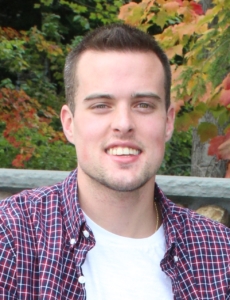 Joey Mullaney is just twenty-five years old, but he’s amassed a lifetime of wisdom from his experience with Friedreich’s ataxia, a rare degenerative neuromuscular disorder that diminishes coordination, mobility, speech, and organ function.
Joey Mullaney is just twenty-five years old, but he’s amassed a lifetime of wisdom from his experience with Friedreich’s ataxia, a rare degenerative neuromuscular disorder that diminishes coordination, mobility, speech, and organ function.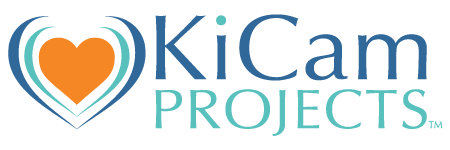
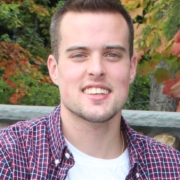
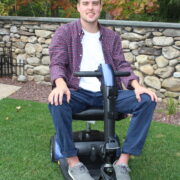
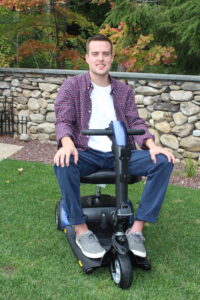 KiCam Projects is delighted to welcome
KiCam Projects is delighted to welcome 

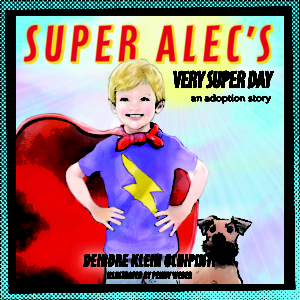 What prompted you to write Super Alec’s Very Super Day?
What prompted you to write Super Alec’s Very Super Day?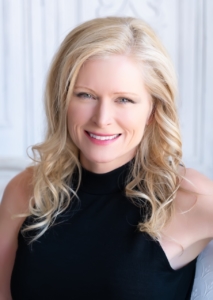
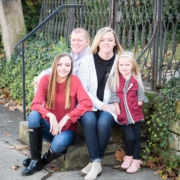
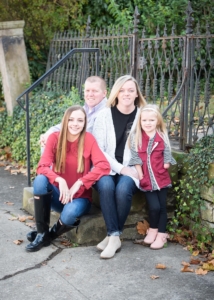
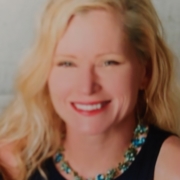
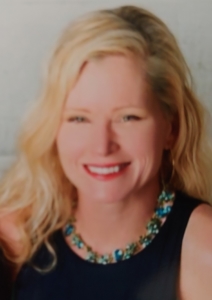 KiCam Projects is thrilled to welcome author Deirdre Klein Ochipinti to our family of authors!
KiCam Projects is thrilled to welcome author Deirdre Klein Ochipinti to our family of authors!
 Traditional publishing is probably the model with which you’re most familiar. In this model, a publisher buys the rights to an author’s work for an advance payment against royalties. The publisher provides editing, design, distribution, marketing, and sales support for the author. As books sell, the author makes a percentage royalty—often 10% on those sales.
Traditional publishing is probably the model with which you’re most familiar. In this model, a publisher buys the rights to an author’s work for an advance payment against royalties. The publisher provides editing, design, distribution, marketing, and sales support for the author. As books sell, the author makes a percentage royalty—often 10% on those sales. Self-publishing has blossomed in the past ten years. No longer do you have to have a publisher to publish a book! Literally, anyone can create a free online account, upload some files, and publish and sell a book.
Self-publishing has blossomed in the past ten years. No longer do you have to have a publisher to publish a book! Literally, anyone can create a free online account, upload some files, and publish and sell a book.  Hybrid publishing is the newest kid on the publishing block. In this author-subsidized model, the author makes an initial investment to cover the publisher’s costs, then has the potential to recoup that investment with a higher back-end royalty.
Hybrid publishing is the newest kid on the publishing block. In this author-subsidized model, the author makes an initial investment to cover the publisher’s costs, then has the potential to recoup that investment with a higher back-end royalty.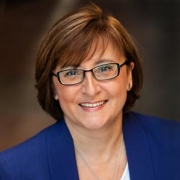
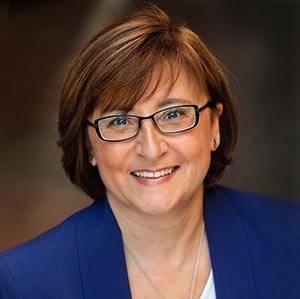 What prompted you to write
What prompted you to write 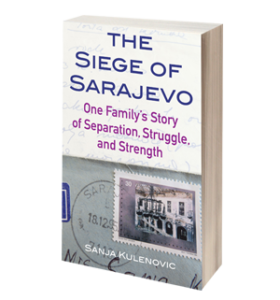 As a first-time author, what challenges did you face in your writing process, and how did you overcome them?
As a first-time author, what challenges did you face in your writing process, and how did you overcome them?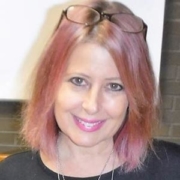
 How have your personal experiences shaped the advice and insights in Be (Extra)Ordinary?
How have your personal experiences shaped the advice and insights in Be (Extra)Ordinary?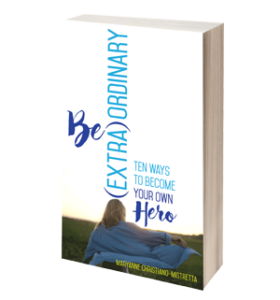 What do you think makes a truly meaningful and memorable self-help book?
What do you think makes a truly meaningful and memorable self-help book?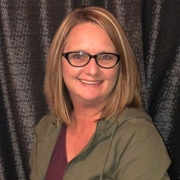
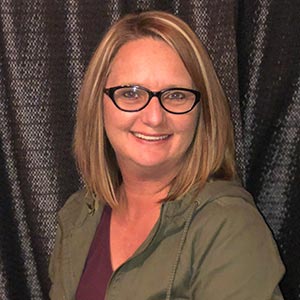 What prompted you to write Opiate Jane?
What prompted you to write Opiate Jane?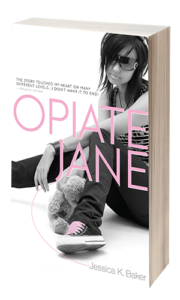 As a first-time author, what challenges did you face in your writing process, and how did you overcome them?
As a first-time author, what challenges did you face in your writing process, and how did you overcome them?
